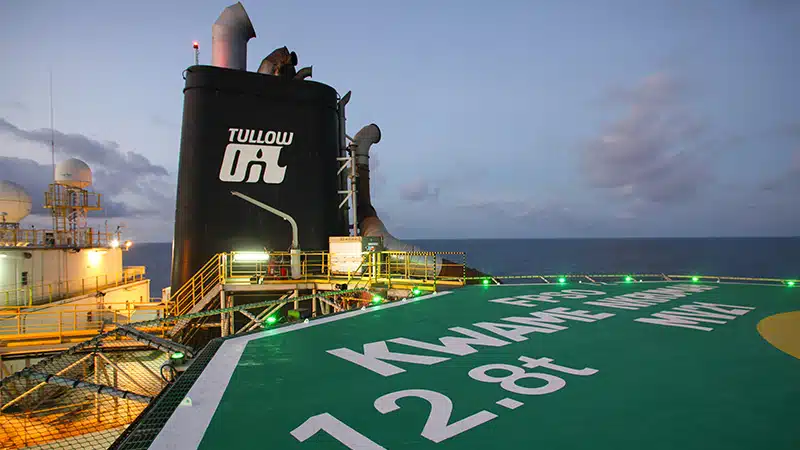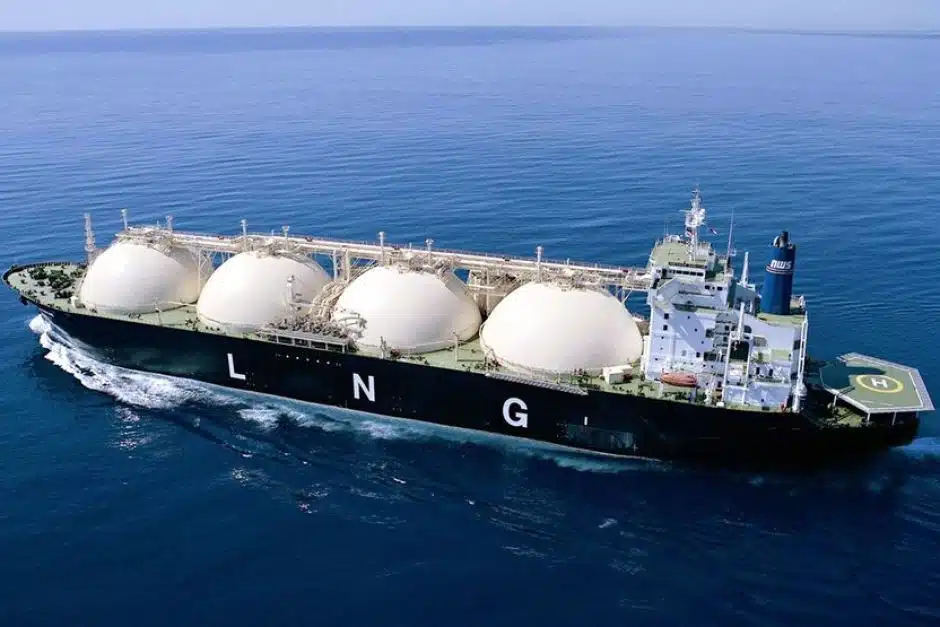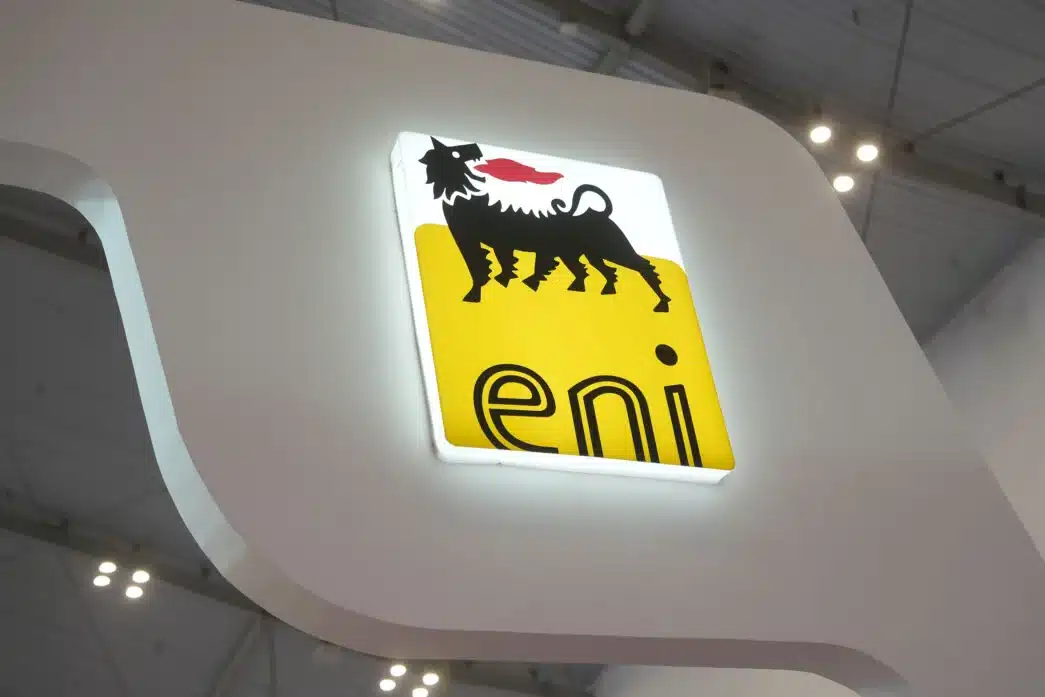The Dangote Refinery, a flagship project in Nigeria’s energy sector, has shifted to dollar-denominated fuel sales following the collapse of its naira-for-crude deal with the Nigerian National Petroleum Company (NNPC) Limited.
This move was not merely a business strategy but a response to the NNPC’s failure to meet its crude oil supply obligations under the agreement.
The naira-for-crude deal was an initiative by the Nigerian government to supply locally refined crude oil to domestic refineries, including the Dangote Refinery, in exchange for payments in naira rather than U.S. dollars.
With the deal now discontinued, Dangote Refinery has turned to the dollar to ensure a stable supply chain, a decision that carries significant implications for Nigeria’s foreign exchange market, fuel pricing, and economic stability.
To fully grasp the impact of this transition, it is essential to examine the factors that led to this shift and analyse its far-reaching consequences on the economy.
The roots of this shift trace back to October 2024, when the Federal Executive Council (FEC) authorised the distribution of 450,000 barrels of crude oil—intended for domestic consumption—to Nigerian refineries, to be sold in naira.
As part of this policy, the Dangote Refinery was selected as a test project and was expected to receive 385,000 barrels of crude oil per day from the NNPC.
However, the national oil company has been accused of consistently failing to meet this allocation, raising concerns over supply reliability and the sustainability of the naira-based crude purchase model.
This persistent shortfall likely influenced Dangote Refinery’s decision to transition to dollar-denominated fuel sales, ensuring more stable and predictable transactions.
Background
Aliko Dangote’s $20 billion refinery was initially conceived to tackle Nigeria’s chronic dependence on imported refined petroleum products despite being one of Africa’s largest crude oil producers.
The country’s limited refining capacity has historically forced it to spend billions of dollars annually on fuel imports, creating immense pressure on foreign reserves.
The refinery was expected to reverse this trend by supplying refined products locally and reducing the need for Forex-demanding fuel imports.
However, recent developments suggest that challenges in crude supply, foreign exchange dynamics, and market uncertainties have necessitated a shift in operational strategy.
One of the primary challenges leading to this transition has been securing crude oil from local suppliers under a government agreement that permitted payment in naira.
This agreement was supposed to enable the refinery to access crude without resorting to the international market, thereby reducing its forex exposure.
However, reports indicate that the volume of crude supplied under this arrangement has been insufficient, forcing the refinery to source additional crude in dollars.
This misalignment has created a currency mismatch where crude is bought in dollars while refined products are being sold in naira, exposing the refinery to significant foreign exchange risks.
Compounding the issue is Nigeria’s foreign exchange volatility.
The naira has faced sharp depreciation due to rising demand for dollars, speculative forex trading, and structural weaknesses in the economy.
With this instability, the Dangote refinery’s decision to denominate sales in dollars is likely a defensive measure to ensure sustainability and maintain investor confidence.
By earning in dollars, the refinery can insulate itself from the risks associated with naira depreciation, secure better liquidity for crude procurement, and maintain the viability of its operations in the long run.
Implications for Nigeria’s FX market
However, this decision comes with major consequences for Nigeria’s FX market.
By demanding dollar payments, local fuel marketers and distributors now need to source forex, which will further drive up demand in an already constrained FX market.
The additional demand pressure could weaken the naira further, making it more expensive for businesses and individuals to access foreign currency.
This development may also put the Central Bank of Nigeria (CBN) in a difficult position, as it will have to decide whether to increase forex interventions to stabilise the market or allow market forces to dictate the exchange rate.
Increased interventions could deplete foreign reserves, while inaction may lead to further depreciation, fueling inflation and economic instability.
The shift in payment policy is also expected to have a direct impact on fuel prices. If marketers must purchase refined petroleum products in dollars, the cost of fuel at the pump will inevitably rise.
The extent of the increase will depend on prevailing exchange rates, global oil prices, and Nigeria’s ability to manage forex inflows.
A weaker naira will mean higher costs for fuel, which will likely translate into inflationary pressures across various sectors, from transportation to manufacturing and food production.
This move also signals an increased exposure of Nigeria’s fuel pricing to international market dynamics, marking a departure from previous subsidy-driven pricing mechanisms.
Expert opinions on the shift to dollar payments
Industry experts have weighed in on the development, highlighting both the structural challenges and economic implications.
Kelvin Emmanuel, an economist and energy expert, has pointed out that the implementation of the naira-for-crude deal with the Dangote Refinery has faced major hurdles.
According to him, the refinery continues to purchase crude feedstock in dollars rather than naira, making it difficult to fulfil the original intent of reducing forex dependency.
“There’s a cartel of marketers whose racket of importation is threatened by Dangote lowering its prices,” he said.
“In order to get back at him, their lowest-hanging fruit was to convince the State Owned Enterprises (SOE) to end the naira-based crude swap, to force the hand of the refinery to swap sales to Nigerian off-takers in USD
“There are credible discussions behind the scenes of a fresh forward sale agreement that will be 2.2 times the ticket size of 2023 and that has a duration until 2034 — 9 years.
According to him, this is expedient because the apex bank has USD obligations of $3.2bn that are coming due and that might be inclusive of $1.2bn in Eurobond yields for 2025.
Additionally, a report by S&P Global has highlighted the broader implications of the refinery’s role in Nigeria’s forex landscape. The agency argues that if the refinery reaches full operational capacity and begins exporting refined petroleum products, it could become a crucial source of forex earnings for Nigeria.
In such a scenario, the refinery could reduce Nigeria’s dependency on imported fuel, help stabilise the FX market by generating foreign currency, and create a more balanced trade environment. However, in the short term, the transition to dollar payments may introduce volatility, especially for businesses and consumers reliant on stable fuel prices.
The bigger picture and the way forward for Nigeria’s economy
Beyond the immediate concerns, this shift also raises questions about the long-term strategy for Nigeria’s energy sector and economic policy.
The Dangote Refinery was expected to serve as a model for localising Nigeria’s fuel supply chain, reducing forex exposure, and ensuring energy security.
However, the reality of crude procurement, market forces, and policy inconsistencies has made this goal more complex than initially envisioned.
If crude suppliers continue to prefer dollar payments, and the refinery follows suit for refined products, Nigeria risks losing out on a major advantage that was meant to be gained from having a mega-refinery within its borders.
For the government and policymakers, addressing these challenges will require a multi-pronged approach. Strengthening the value of the naira through sound monetary policies, increasing local crude supply commitments, and ensuring transparency in crude allocation will be crucial.
Additionally, diversifying forex inflows beyond oil exports, boosting non-oil revenue generation, and implementing strategies to enhance investor confidence in the local currency can help mitigate the adverse effects of this transition.
Ultimately, while the shift to dollar payments at the Dangote Refinery is a rational business decision given prevailing economic conditions, its impact on Nigeria’s forex market and fuel prices cannot be overlooked.
The government, financial regulators, and industry stakeholders must engage in proactive policy measures to ensure that this transition does not exacerbate economic vulnerabilities.
Without decisive action, the refinery’s intended benefits could be overshadowed by the unintended consequences of further forex instability, inflation, and increased financial strain on consumers.












